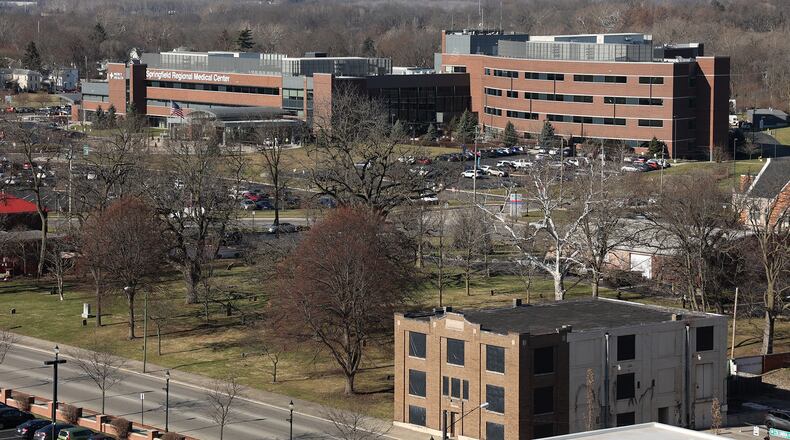“Every second counts, because millions of brain cells immediately begin to die when a stroke occurs,” said Dr. Sushil Lakhani, the stroke medical director for Mercy Health-Springfield.
Stroke was the fifth-leading cause of death in Ohio in 2019, outranking such conditions as diabetes and kidney disease, according to the CDC.
There are three types of strokes. First, an ischemic stroke happens when a vessel supplying blood to the brain is obstructed, the hospital network said in a press release.
A hemorrhagic stroke occurs when a weakened blood vessel ruptures or breaks and bleeds into the surrounding brain tissue.
The last type is called a transient ischemic attack (TIA), which involves a temporary blockage of blood flow to the brain.
Lakhani said that these are sometimes referred to as “mini-strokes” because the symptoms typically last a few minutes, but it’s just as important that you seek medical attention right away.
“Too many people shrug it off. thinking, ‘Oh, it went away so I’m fine,’ but the truth is a TIA is a huge red flag that things are not fine. This is your body’s way of warning you to take action before it’s too late,” Lakhani said.
Medical experts say anytime someone experiences stroke symptoms, they need to “BE FAST”:
- · Balance: Is the person dizzy or falling to either side? Can they walk or stand?
- · Eyes: Can the person see? Is there any vision loss in any direction?
- · Facial droop: Can they smile? Is it symmetric or is one side of their face sagging?
- · Arm weakness: Are their arms and legs moving normally? Is one side weaker or numb?
- · Speech difficulty: Is speech slurred or strange when asked to say simple phrases?
- · Time to call 911: Call emergency services.
Calling 911 is crucial to saving time when every minute counts toward getting a better outcome, Lakhani said, as it allows EMS to begin initial assessments during the ride to the hospital. EMS can also alert medical teams so they can prepare to begin testing and treating the patient immediately upon their arrival.
“How soon you’re able to get treatment can mean the difference between a full recovery and permanent disability or even death,” Lakhani said.
About the Author

